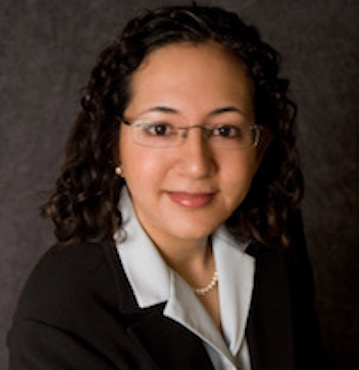
Fatigue after Traumatic Brain Injury
Fatigue can be described as a sensation of exhaustion or weariness that may coincide with an increased difficulty performing physical and mental activities. Fatigue is a sensation that almost everyone will experience at some point in their lives. However, after a traumatic brain injury (TBI) the level and frequency of fatigue may be much higher may influence one’s ability to function normally.
Research has shown fatigue to be one of the most common symptoms experienced after TBI. The severity of the accident does not seem to be correlated with the likelihood of experiencing post-traumatic fatigue. This means that even if the severity of the injury was relatively mild there is still a good possibility that the individual will experience post-traumatic fatigue.
Why is fatigue so debilitating?
Although chronic fatigue may seem like a trivial symptom to those who have never experienced it, the sensation can be extremely debilitating to those with the condition. It can permeate all different aspects of one’s life both personally and professionally. It can lead to the deterioration of personal relationships and can make it difficult to work or to enjoy recreational activities. Furthermore, it can lead to a wide range of related symptoms such as the following:
- Difficulty maintaining attention and concentration
- Need to sleep or nap during the daytime
- Difficulty performing physical activity
- Oversleeping and irregular sleep patterns
- Irritability and behavioral disturbances
- Mood disturbances such as anxiety and depression
- Trouble operating an automobile
- Difficulty communicating and interacting with others in social situations
What causes fatigue after TBI?
Why so many with TBI experience fatigue is somewhat unclear. There are different theories as to what causes the symptom. One hypothesis is that damage to certain brain structures responsible for maintaining alertness contributes to the fatigue. Another theory is that the increased effort and mental energy required to perform normally simple tasks such as moving and speaking lead to high levels of fatigue among TBI survivors.
There are also a handful of common TBI related symptoms that may contribute to fatigue:
- Sleep disturbances such as sleep apnea and insomnia.
- Headaches
- Medications commonly prescribed to treat TBI such as muscle relaxers and pain medications
- Depression
- Stress
What are the treatments for fatigue?
The clinical treatments for post-traumatic fatigue include medication prescription and lifelong rehabilitation. Medications commonly prescribed to manage fatigue include psychostimulants and anti-depressants. It should be noted, however, that these medications are not always effective in relieving fatigue and may lead to other undesirable side-effects.
Our Doctors
Life Care Planners

Physical Medicine & Rehabilitation, Pain Medicine, Brain Injury Medicine
Dr. Miranda-Grajales
YEARS years of experience




Master of Divinity, Specializing in Neuropsychology
Dr. Brandi Buchanan
YEARS years of experience